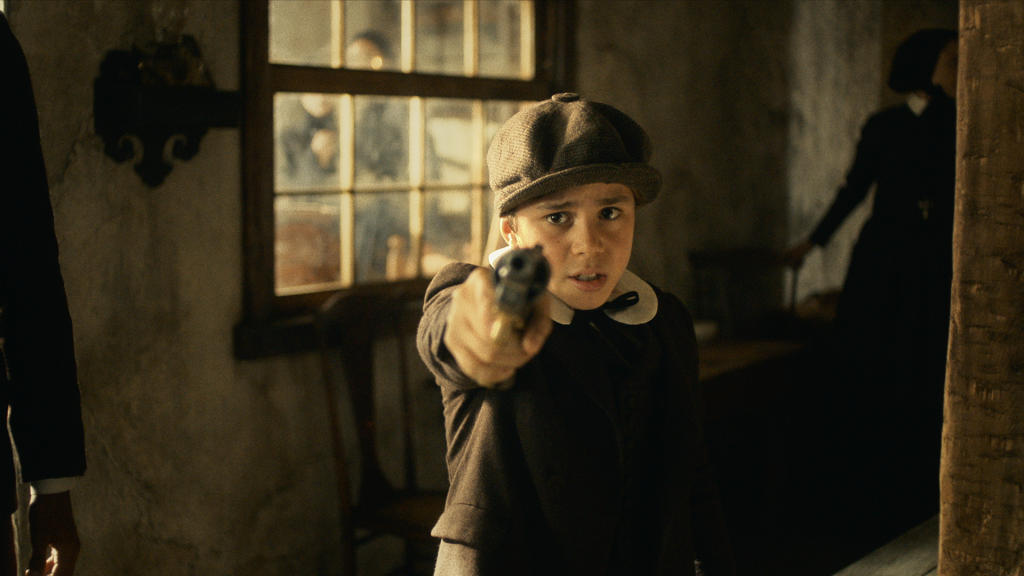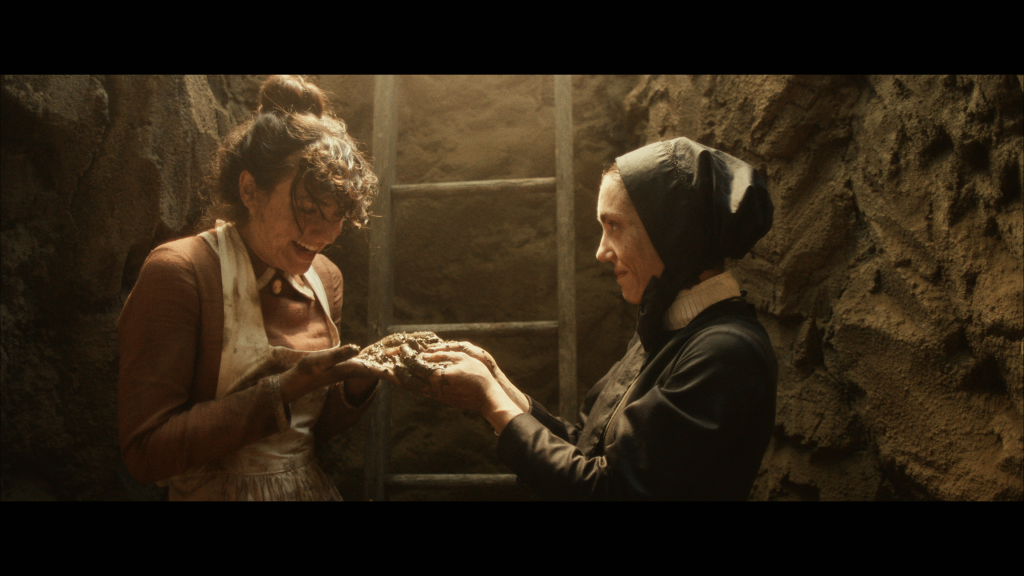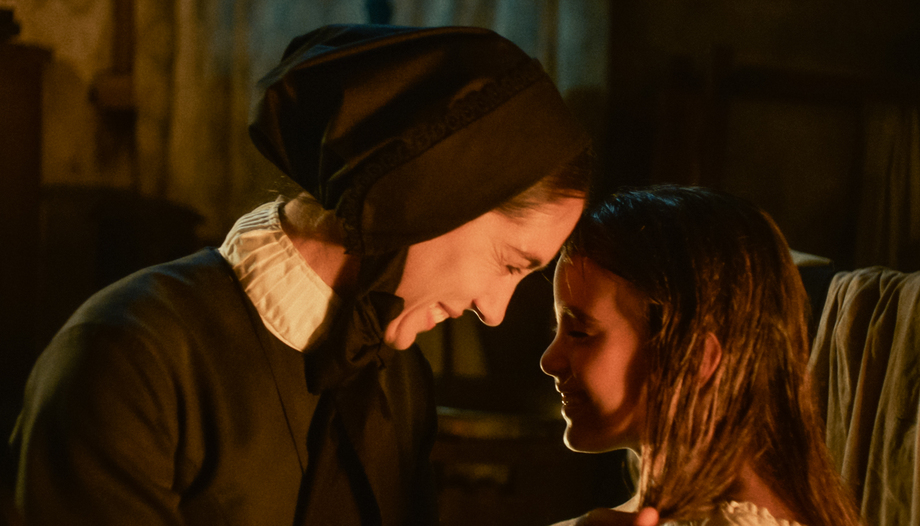The first U.S. citizen to be canonized already has a film. Under the direction of Alejandro Monteverde ("Sound of Freedom", "Bella" or "Little Boy") the biography of the Italian saint comes to the screens. Francisca Javier Cabrini.
Mother Cabrini founded, together with six other companions, the order of the Missionaries of the Sacred Heart of Jesus. As superior, she wanted to take the mission to the East, to care for the needy children there. However, at the request of Pope Leo XIII, she ended up traveling to the United States, specifically to New York, to begin social work with the orphaned children of the "Five Points".
After many obstacles and a hard process of adaptation to American life, so hostile to Italian immigrants, Mother Cabrini managed to expand her work of accompanying and caring for the most vulnerable in many U.S. cities. She finally became a U.S. citizen and died in Chicago at the age of 67.

Impeccable photography and soundtrack
Alejandro Monteverde portrays the passionate life of this nun in a film that premiered on March 8 in the United States and will arrive in Spain on May 10. It stars Cristiana Dell'Anna, who plays the role wonderfully. Cabrini's firmness is seen in Dell' Anna's looks, making sure that the viewer cannot help but admire this brave woman who stood up to an entire society.
Gorka Gómez Andreu's photography is visually magnificent. Moving from Rome to New York, the scenes are of a special beauty. Accompanied by Gene Back's soundtrack, it is difficult to sit indifferent in front of the screen.
However, the script written by Alejandro Monteverde and Rod Barr makes the film lose some of its charm. It is a shame that some moments of such a moving story with great potential to inspire the audience are lost in the dialogue.
The image and the music do much more to tell the story of Mother Cabrini's life than the script, which is hard to get hooked on. However, there are phrases that leave the viewer thinking and the articles written and read aloud by the character Theodore Calloway, a journalist of the "New York Times", magnificently reflect the work of the missionaries. These "off-screen" interventions really help to understand the greatness of what Francisca Cabrini and her companions did in New York.
Cabrini, imperfect and admirable
On the other hand, the film depicts the harshness of Italian immigrant life, but does not revel in the pain. On the contrary, the film provides an enlightened view of suffering, focusing on what the protagonist describes in the film as an "empire of hope". It is surprising, however, that such a noble enterprise is not shown praying to its promoter, a nun who is now a saint.
The protagonist appears only once praying and it is in a moment of absolute despair. Cabrini will enter a church again throughout the film, but instead of praying she argues loudly with Archbishop Corrigan.
In spite of this, the foundress of the missionary order does make frequent allusions to God and to the importance of considering her neighbor as a child of the Father. Likewise, the characters repeat on many occasions that Cabrini faces many problems precisely because she is a woman. The film makes an admirable effort to show that sex is not a limitation for the saint, but its devastating phrases in this regard reach an almost extreme harshness towards the masculine at times.
A must see movie
All in all, the film is worthwhile. It brings the difficult life of immigrants in the United States to our times, and the testimony of Mother Cabrini continues to touch the hearts of many. Her courage and love for the most vulnerable are exemplary, bringing tears to the audience's eyes when least expected.
The quality of the picture and sound completely erase the prejudice that Christian cinema is not up to Hollywood standards, for in this film Monteverde has ensured that the final product is of the finest quality. The film is not perfect, nor was Cabrini, something the feature is not afraid to show, but it is a powerful, inspiring and true story. It is the story of a holy woman who was not afraid to defy boundaries out of an authentic and evangelical love for her children, the vulnerable.









